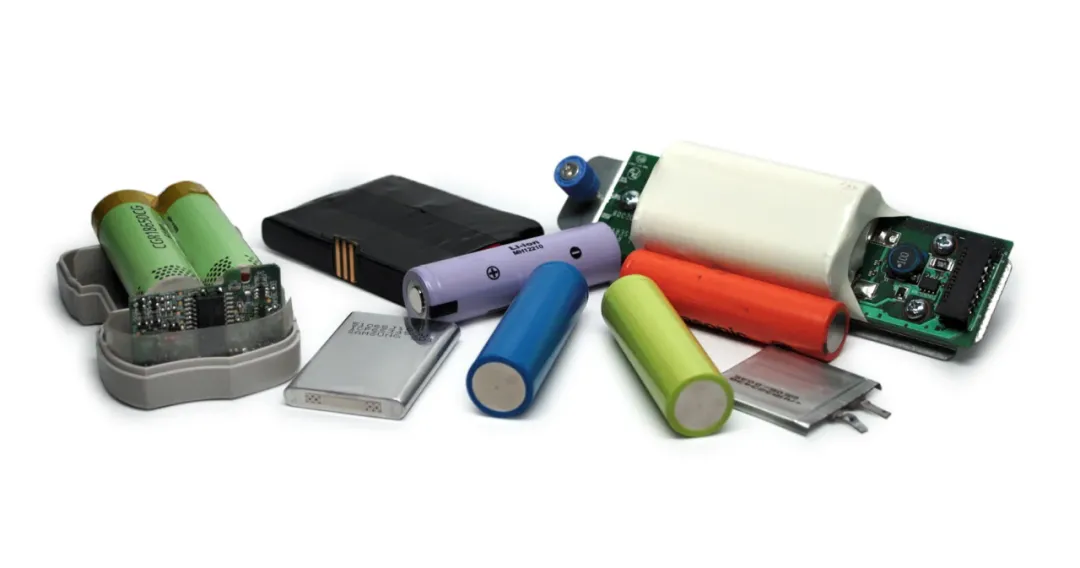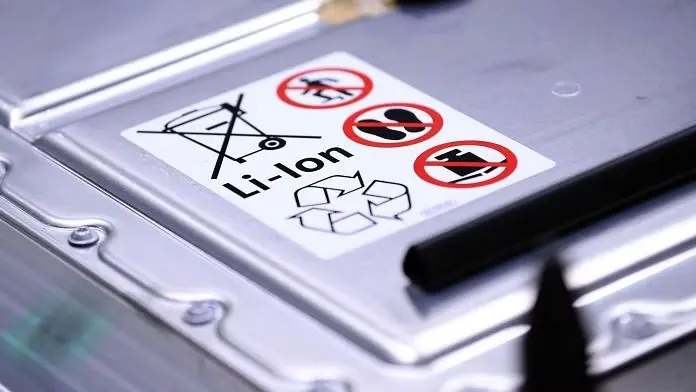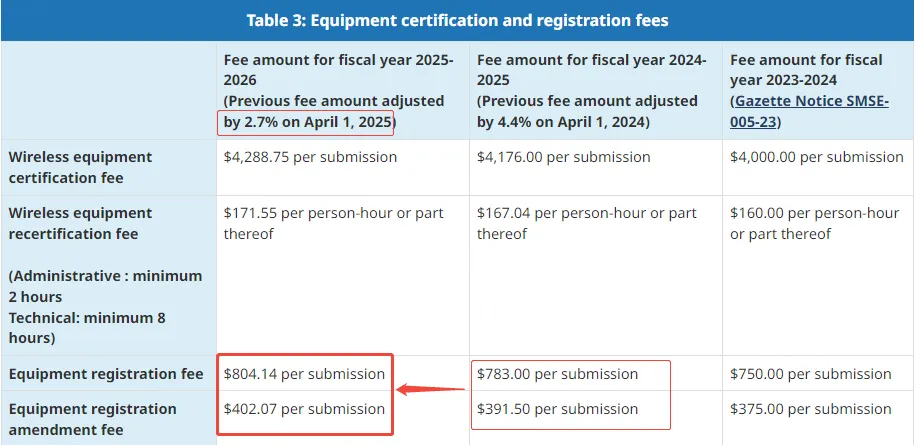
Battery UN38.3 Certification Test
In recent years, the demand for batteries in portable products has steadily increased, leading to a growing market demand for batteries. China is a major producer and exporter of lithium batteries. Cross-border platforms like Amazon and TUME have established compliance requirements for the transportation and sale of lithium battery products exported overseas, and they require sellers to upload relevant certification documents.
Given the numerous safety risks associated with lithium batteries, the United Nations has classified them as Class 9 hazardous materials. Therefore, they cannot be transported as ordinary goods. A cargo transport safety certification report from a qualified third-party inspection agency is requiRED, with un38.3 testing being a crucial aspect of battery safety testing.

What is un38.3 Testing?
UN38.3 testing refers to the 38.3 test clause specifically for lithium batteries set out in the United Nations' "Manual of Tests and Criteria". The un38.3 certification primarily ensures the safety of battery transportation and meets the transportation requirements for battery cargo.
According to the International Air Transport Association (IATA) and the International Maritime Organization (IMO) regULations, lithium-ion batteries and battery packs must undergo UN38.3 testing at a CNAS-accredited laboratory before transport. Customs will only accept lithium batteries if they have a valid UN38.3 compliance report and transport certification.
Scope of UN38.3 Certification
- Various Stored Energy (Power) Secondary Lithium Batteries: For example, lithium batteries used in power storage, power vehicle batteries, electric road vehicle batteries, hybrid vehicle batteries, etc.
- Various Mobile Phone Batteries: Such as lithium-ion batteries, lithium polymer batteries, etc.
- Various Small Secondary Batteries: Including laptop batteries, digital camera batteries, camera batteries, various cylindrical batteries, wireless communication batteries, portable DVD batteries, CD and MP3 player batteries, etc.
- Various Primary Batteries: Such as lithium manganese batteries, etc.
- Sodium-Ion Batteries: As of early 2024, the UN38.3 eighth edition standard has added testing clauses for sodium-ion batteries.
UN38.3 Test Items
The UN38.3 lithium battery test includes eight safety performance tests based on the requirements of Section 38.3 of the "Manual of Tests and Criteria" by the United Nations: altitude simulation, thermal shock, vibration testing, mechanical shock, external short circuit, impact/compression, overcharge testing, and forced discharge. These tests are designed to simulate conditions and potential hazards during air/sea transport.

Packaging Requirements and Conditions
Lithium batteries and battery packs can be transported as non-restricted items (non-hazardous goods) if they meet all of the following conditions. If any condition is not met, they should be handled according to the hazardous goods requirements of UN3090 or UN3091:
1. Lithium Content Limits
1) For lithium metal or lithium alloy primary batteries, the lithium content must not exceed 1g; for lithium-ion primary batteries, the rated watt-hour must not exceed 20Wh.
2) For lithium metal or lithium alloy batteries, the total lithium content must not exceed 2g; for lithium-ion batteries, the rated watt-hour must not exceed 100Wh.

2. Compliance with UN Testing Requirements
Each type of primary battery and battery must be tested and proven to comply with all the requirements of Section 38.3 of the UN "Manual of Tests and Criteria".
3. Packaging Requirements
1) Unless installed in equipment (e.g., mobile phones, cameras, walkie-talkies, laptops, etc.), batteries and primary batteries must be individually packaged to prevent short circuits and placed in sturdy outer packaging.
2) Unless installed in equipment, each package containing more than 24 primary batteries or 12 batteries must also meet the following requirements:
1) Each package must be marked to indicate it contains lithium batteries and specify special measures to be taken in case of package damage.
2) Each shipment must include documentation explaining that the package contains lithium batteries and detailing special measures to be taken in case of package damage.
3) Each package must withstand a 1.2m drop test in any orientation without damaging the batteries or primary batteries inside or changing their position to the extent that batteries (or primary batteries) come into contact with each other or leak from the package.
4) If batteries are shipped separately, the gross weight of each package must not exceed 10kg.
Additional Reports Required for Lithium Battery Transportation
To ensure smooth transportation of lithium batteries or products containing lithium batteries, sellers need more than just the un38.3 test report. They also need a test summary, msds (Material Safety Data Sheet), hazardous characteristics classification report, and cargo transport condition certification report, among others. The required reports vary based on the mode of transportation (sea/air/land/rail).
Given the complex regulations and packaging requirements for lithium battery exports, it is advisable to contact the Chinese JJR Laboratory before exporting to understand the regulations, declaration procedures, and packaging requirements in advance to improve customs clearance efficiency.
Email:hello@jjrlab.com
Write your message here and send it to us
 How Does a Product Get an Energy Star Label
How Does a Product Get an Energy Star Label
 Is ROHS part of UL the same
Is ROHS part of UL the same
 What is Protection Class EN 60529?
What is Protection Class EN 60529?
 IP69 Certified Protection
IP69 Certified Protection
 California Energy Commission Testing Lab
California Energy Commission Testing Lab
 What Does the Canadian IC Mark Mean?
What Does the Canadian IC Mark Mean?
 How Much is the Canada IC ID Certification cost?
How Much is the Canada IC ID Certification cost?
 How Much is the Canada IC ID Certification Fee?
How Much is the Canada IC ID Certification Fee?
Leave us a message
24-hour online customer service at any time to respond, so that you worry!




